Passengers on a ship traveling from Mexico to Europe in the 1930s represent society at large in that era. The crew is German, including the ship’s Dr. Schumann, who falls […]
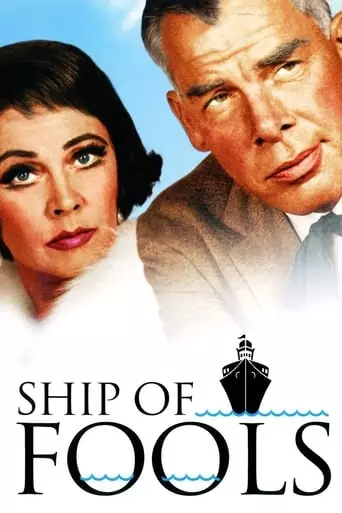
Passengers on a ship traveling from Mexico to Europe in the 1930s represent society at large in that era. The crew is German, including the ship’s Dr. Schumann, who falls […]

In 1964, atomic war wipes out humanity in the northern hemisphere; one American submarine finds temporary safe haven in Australia, where life-as-usual covers growing despair. In denial about the loss […]
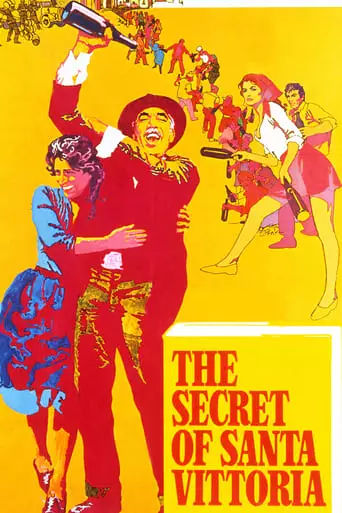
During World War II, Italian villagers hide their wine from the German army.

A group of strangers come across a man dying after a car crash who proceeds to tell them about the $350,000 he buried in California. What follows is the madcap […]
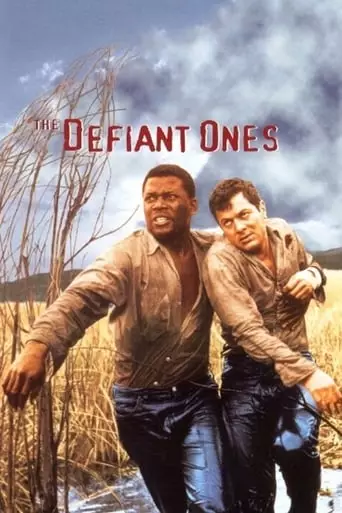
Two convicts—a white racist and an angry black man—escape while chained to each other.
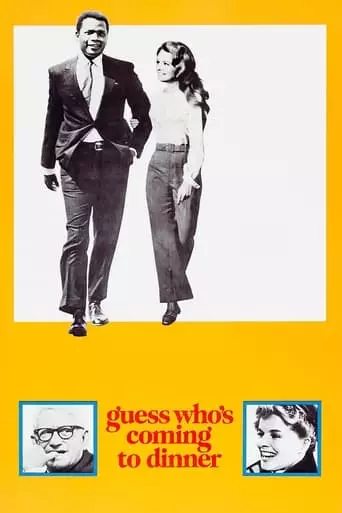
A couple’s attitudes are challenged when their daughter brings home a fiancé who is black.
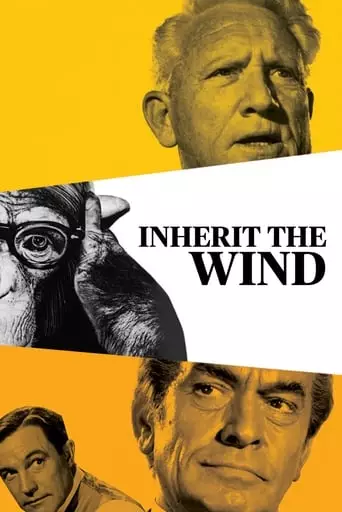
Schoolteacher Bertram Cates is arrested for teaching his students Darwin’s theory of evolution. The case receives national attention and one of the newspaper reporters, E.K. Hornbeck, arranges to bring in […]
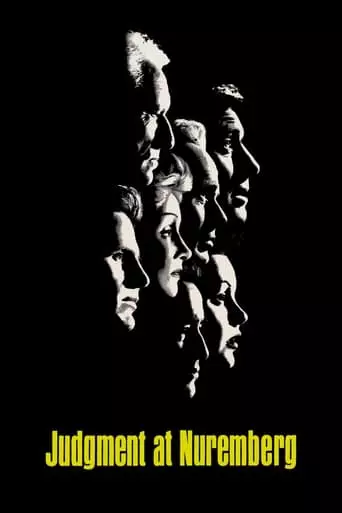
In 1947, four German judges who served on the bench during the Nazi regime face a military tribunal to answer charges of crimes against humanity. Chief Justice Haywood hears evidence […]
Stanley Kramer: Hollywood’s Conscience
Stanley Kramer, a trailblazing American filmmaker, earned a reputation as one of Hollywood’s most socially conscious directors and producers. Over a career spanning five decades, Kramer tackled controversial subjects with courage and conviction, creating films that challenged societal norms and forced audiences to confront difficult truths. His dedication to telling meaningful stories made him a seminal figure in Hollywood history, earning him the title “Hollywood’s Conscience.”
Early Life and Entry into Film
Stanley Earl Kramer was born on September 29, 1913, in Brooklyn, New York. Raised in modest circumstances, he developed a passion for storytelling at an early age. After graduating from New York University, he moved to Los Angeles, where he began working as a writer and editor at various studios.
Kramer entered production in the 1940s, gaining valuable experience in independent filmmaking. His ability to work outside the major studio system allowed him the creative freedom to pursue films with strong moral and social messages.
Producer to Director: The Transition
Kramer initially made his mark as a producer, overseeing critically acclaimed films like Champion (1949), The Men (1950), and High Noon (1952). These films addressed issues like personal integrity, the struggles of veterans, and morality in the face of adversity.
In 1955, Kramer made his directorial debut with Not as a Stranger, a medical drama starring Olivia de Havilland and Frank Sinatra. While the film was a moderate success, it was his subsequent works that established him as a director unafraid to tackle provocative themes.
Tackling Social Issues Head-On
Kramer’s films often explored subjects that were controversial or avoided by mainstream Hollywood. Through his work, he examined racism, nuclear war, human rights, and justice.
The Defiant Ones (1958): This gripping drama follows two escaped convicts—one Black (Sidney Poitier) and one white (Tony Curtis)—who are shackled together and forced to cooperate despite their racial prejudices. The film earned nine Academy Award nominations, winning two, and became a powerful statement on race relations.
On the Beach (1959): A harrowing depiction of nuclear apocalypse, this film explored the emotional toll of impending extinction. Starring Gregory Peck and Ava Gardner, it reflected the anxieties of the Cold War era and called attention to the catastrophic potential of nuclear weapons.
Judgment at Nuremberg (1961): A courtroom drama about the post-World War II Nuremberg Trials, the film examined themes of accountability, justice, and moral complicity. Featuring an all-star cast including Spencer Tracy, Burt Lancaster, and Judy Garland, it remains one of Kramer’s most celebrated works.
Guess Who’s Coming to Dinner (1967): In one of his most commercially successful films, Kramer addressed interracial marriage, a topic that was still controversial in 1960s America. Starring Spencer Tracy, Katharine Hepburn, and Sidney Poitier, the film brought the conversation into the mainstream, earning multiple Academy Award nominations.
A Style of Simplicity and Substance
Kramer’s directorial style was often straightforward, favoring clear storytelling over stylistic flourishes. This approach allowed the themes and performances in his films to take center stage. While critics occasionally accused him of heavy-handedness, Kramer’s sincerity and commitment to his subjects resonated with audiences and helped spur discussions on important societal issues.
Legacy and Recognition
Stanley Kramer’s contributions to cinema extended beyond the films he directed. As a producer, he championed stories that others deemed too risky or controversial, pushing Hollywood to expand its boundaries.
Throughout his career, Kramer received numerous accolades, including an Irving G. Thalberg Memorial Award from the Academy of Motion Picture Arts and Sciences in 1962, recognizing his impact on the film industry. His legacy also lives on through the Stanley Kramer Award, established by the Producers Guild of America to honor films that raise public awareness of significant social issues.
Challenges and Later Career
While Kramer’s earlier films were widely acclaimed, his later works struggled to achieve the same level of impact. Films like Ship of Fools (1965) and The Domino Principle (1977) received mixed reviews, and some critics felt that his socially conscious themes became less effective over time.
Despite these challenges, Kramer’s influence on socially conscious filmmaking remained undeniable. His willingness to confront difficult topics set a precedent for future filmmakers to address important issues with courage and clarity.
Conclusion
Stanley Kramer’s career stands as a testament to the power of cinema to provoke thought, inspire change, and challenge societal norms. Through his bold choices and unwavering dedication to meaningful storytelling, he carved a niche as one of Hollywood’s most important and conscientious filmmakers.
In an era when Hollywood often prioritized entertainment over substance, Kramer’s work was a beacon of moral and social responsibility. His films continue to inspire audiences and filmmakers alike, reminding us of cinema’s unique ability to reflect and shape the world around us.